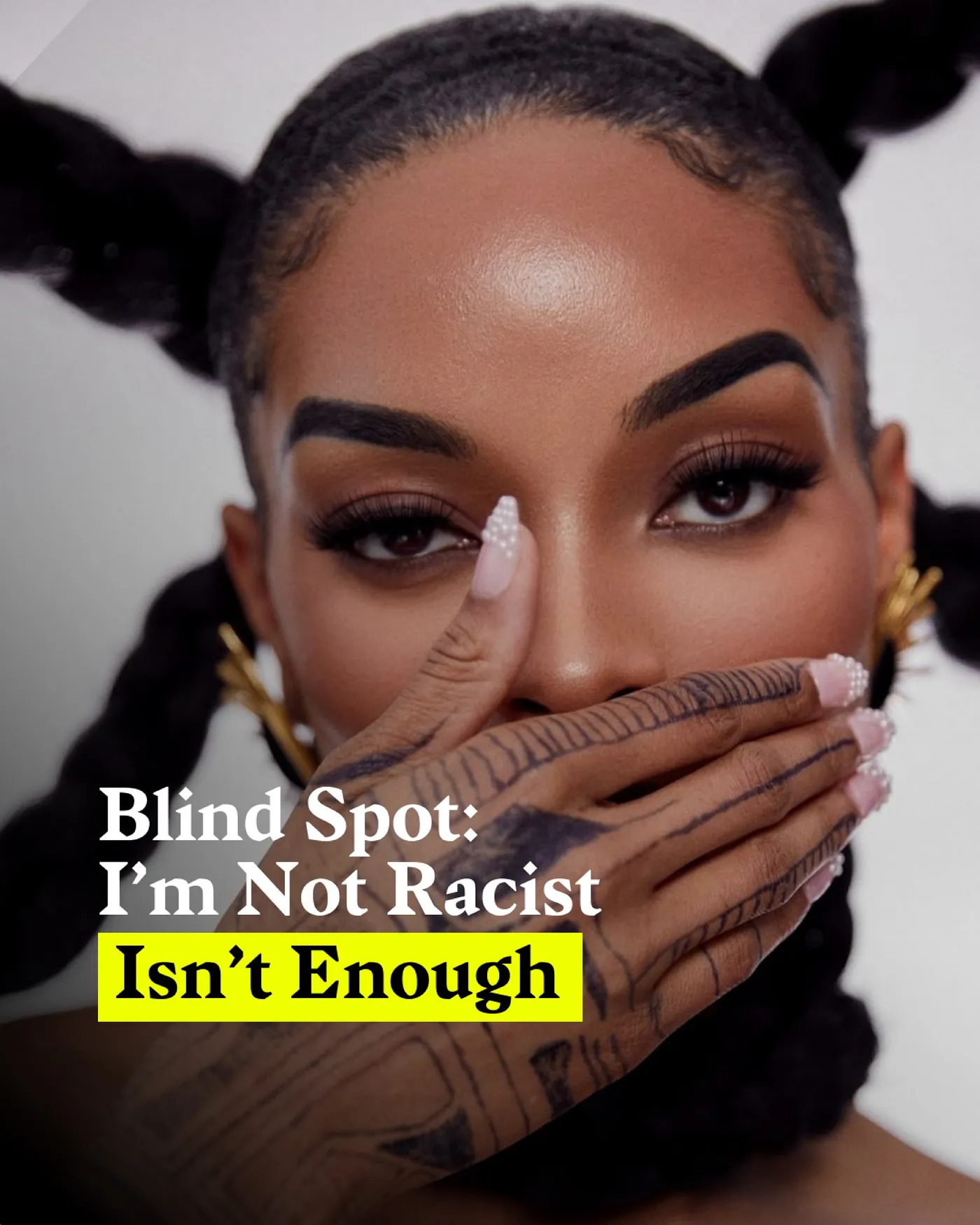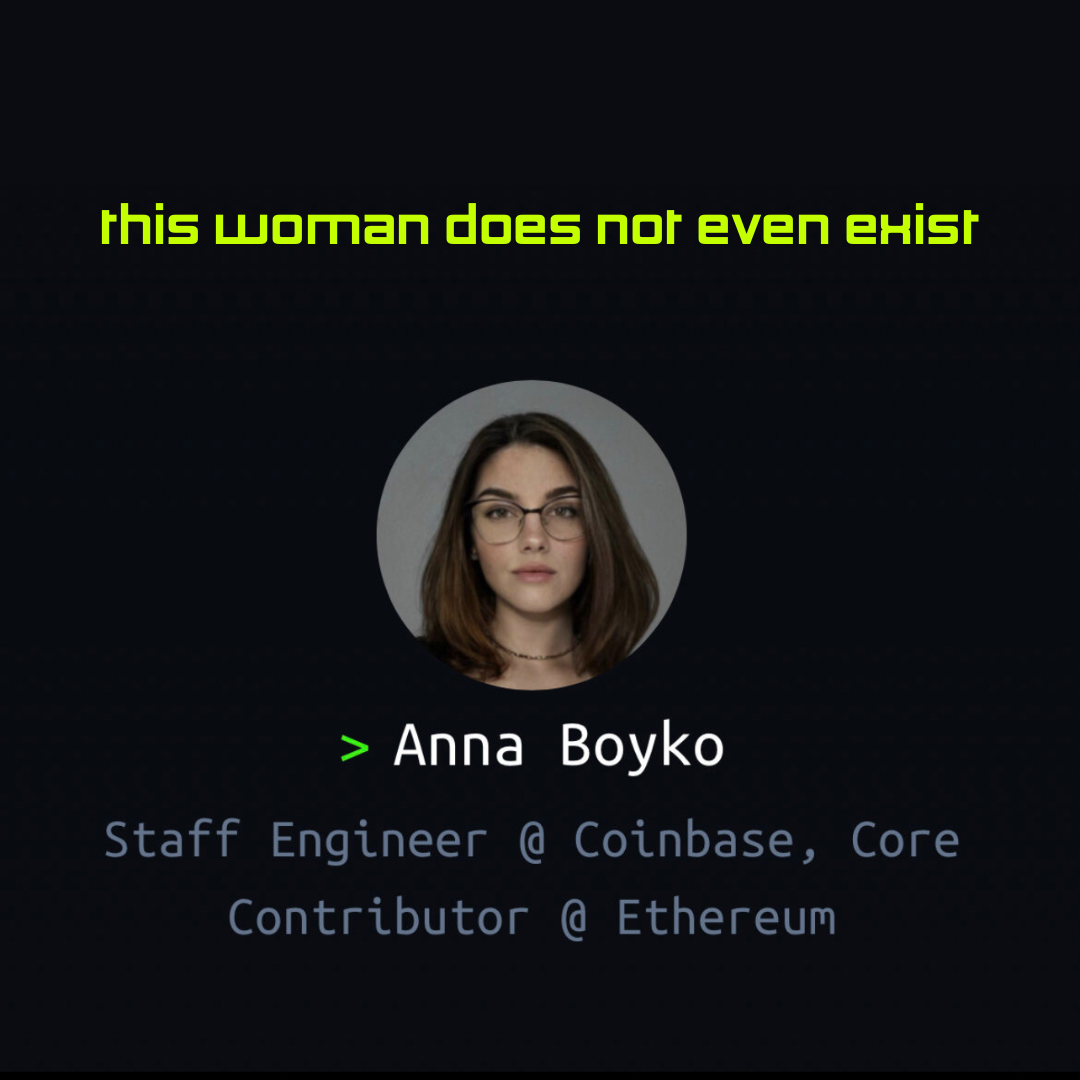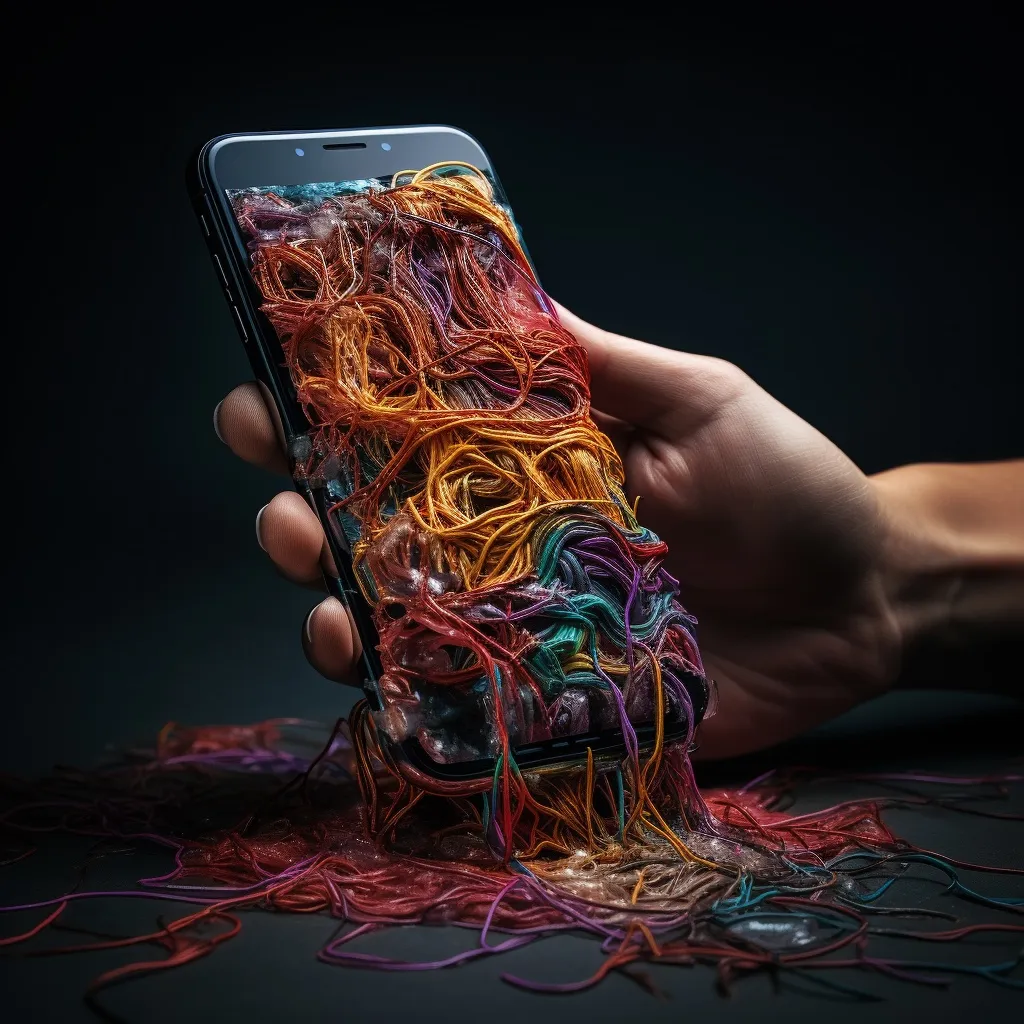
Why ‘I’m Not Racist’ Isn’t Enough
Let’s get one thing straight: When we talk about racism, bias, and microaggressions, we’re not pointing fingers at “those other people” who don’t get it. We’re talking to you – even if you’ve never seen yourself as part of the problem. That’s the thing about unconscious bias – it’s sneaky. It’s woven into everyday interactions, so subtly that most people don’t even realise they’re doing it. And here’s the uncomfortable truth: nodding along during a diversity workshop doesn’t mean you’re in the clear.
I spent most of my life believing that hard work was enough, assuming that equity and equality were just part of a ‘fair’ society. But reality has a funny way of hitting you. Like the time a white co-worker publicly shouted at me in the office – and somehow I was the one labeled “aggressive.” Apparently, they were “just frustrated” and caught up in the moment, while I became the problem.
Sound familiar? If not, that’s exactly the point.
These kinds of interactions happen daily, and most of the time, the person causing harm has no clue they’re doing it. They don’t see themselves as racist or biased, because hey – they have Black friends, and support (insert ethnic minority cause here)? And that’s exactly where the problem lies.
It’s Black History Month, and as much as I cringe at this conversation, it’s necessary. Necessary because the people who most need to hear it are often the ones who think it doesn’t apply to them.
So, how do you check yourself? How do you stop contributing to the problem, even unintentionally? Here are a few things you can start doing today:
Stop Playing the “I’m Not Racist” Card
Look, no one’s accusing you of being the KKK. But the constant insistence that you’re “not racist” shuts down the conversation before it even starts. You might not think you’re biased, but have you ever considered how that unconscious bias shows up? It’s in the way you react when a Black colleague is direct (hint: they’re probably not ‘aggressive’). It’s in assuming someone’s experience or knowledge based on how they look. It’s in not questioning a system that’s historically stacked against Black people.
Start by acknowledging that you’ve absorbed biases, whether you like it or not. Admitting this doesn’t make you a villain – it makes you open to growth.
Challenge Your Gut Reactions
When you feel yourself reacting negatively to a Black colleague’s tone, behaviour, or even presence, take a pause. Ask yourself: if a white colleague did the same thing, would I have the same reaction? Why am I uncomfortable in this moment? Often, what we feel is a “gut reaction” is really just unconscious bias masquerading as instinct.
A Black woman being assertive in a meeting isn’t angry. A Black man standing firm in a discussion isn’t threatening. But all too often, that’s how it gets interpreted. Start interrogating why you react the way you do, and flip the script in your head.
Check the Compliments
“You’re so articulate!” Sounds harmless? Wrong. While you may think it’s a compliment, it’s often loaded with an underlying assumption: that you didn’t expect them to be well-spoken. Stop and think before you toss out compliments that could be rooted in low expectations. It’s like being surprised that they’re competent – that’s not praise, that’s condescension.
Stand Up When It’s Not Convenient
Being an ally when it’s easy or in public is one thing. But what about when you’re in a room full of white colleagues, and someone says something subtly racist? Are you silent? Do you laugh it off to avoid being the one who kills the vibe? Real allyship means being uncomfortable. It means calling out the microaggressions no one else notices, not just when the affected person is around to witness it.
Stop Waiting for Your Black Colleagues to Educate You
If your go-to move is to ask Black colleagues to explain what’s wrong or offensive, stop. Do your own research. Read, listen, and learn without putting the burden on the people who are already carrying it. If you’re confused about why something is problematic, Google is your friend. There’s a wealth of resources out there. Start by educating yourself before you expect someone else to explain racism for the hundredth time.
The Bottom Line
Microaggressions are like paper cuts – small, frequent, and painful. And the worst part? They come from people who often don’t realise they’re wielding the knife. It’s not enough to say “I’m not racist” and call it a day. We all have blind spots, and those little acts – whether it’s calling someone “aggressive” for simply standing up for themselves or assuming competence is a surprise – are adding to the problem.
Start paying attention. The work isn’t glamorous, but it’s necessary. And if you’re still thinking, “That’s not me, I would never,” then this message was meant for you.
Image credit: instagram.com/_defrance




